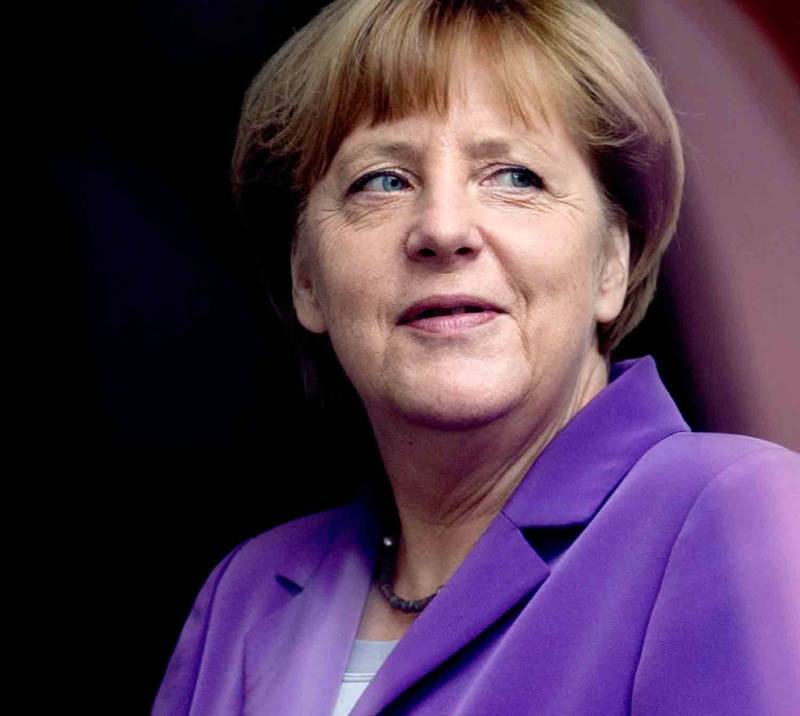MUNICH : German Chancellor Angela Merkel's conservative camp was rocked Monday by a leadership tussle within its Bavarian sister party, just as she is struggling to forge a new coalition government.
Horst Seehofer, head of the Christian Social Union (CSU), will step down as premier of the wealthy southern state in early 2018, leaving the post to regional finance minister Markus Soeder.
"I will hand over my duties in the first quarter of 2018," Seehofer said at a Munich press conference. "I have paved the way for renewal at the top in Bavaria."
Seehofer, 68, intends to stay on only as CSU chairman, a less influential post than that of premier of the Alpine state.
The party veteran has held both roles since 2008, but has come under fire after leading his party to a record-low score in September's general elections in which the far-right Alternative for Germany (AfD) made strong gains.
"A new chapter is beginning," said the 50-year-old Soeder, Seehofer's longtime rival, while calling for unity within the party.
"Politics is always teamwork, going alone would achieve nothing," he said. The leadership change is expected to be approved at the CSU's party congress this month.
Crucially, the party's new leader will be able to shape CSU policy at a time when its base is being eroded by the anti-immigration AfD.
The upheaval comes at a difficult time for Merkel, who needs to present a united front with her CDU's Bavarian sister party as she struggles to form her fourth-term government.
She is hoping to open coalition talks with the centre-left Social Democrats (SPD) after her previous attempt at forming a government with the left-leaning Greens and pro-business FDP fell apart.
Seehofer had been a strident critic of Merkel's liberal refugee policy which allowed more than a million asylum seekers into Germany, but he failed to get her to impose a limit on new refugee arrivals.
As a result, Seehofer was blamed by some within the CSU for its record-low result of 38.8 percent (down 10.5 percentage points from 2013) as the AfD attracted voters angry over the migrant influx.
In the aftermath of the polls, Soeder said he "cannot imagine" signing on to a new coalition with Merkel's CDU if it did not spell out a cap on refugee numbers.






